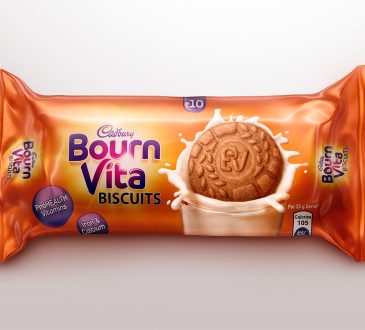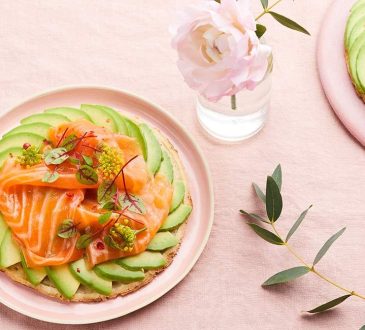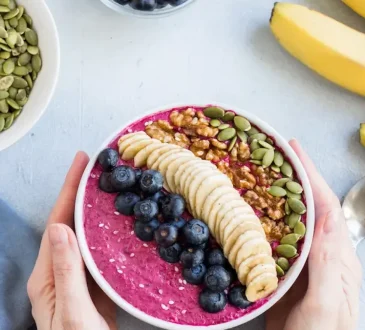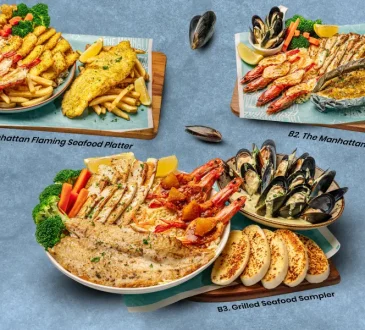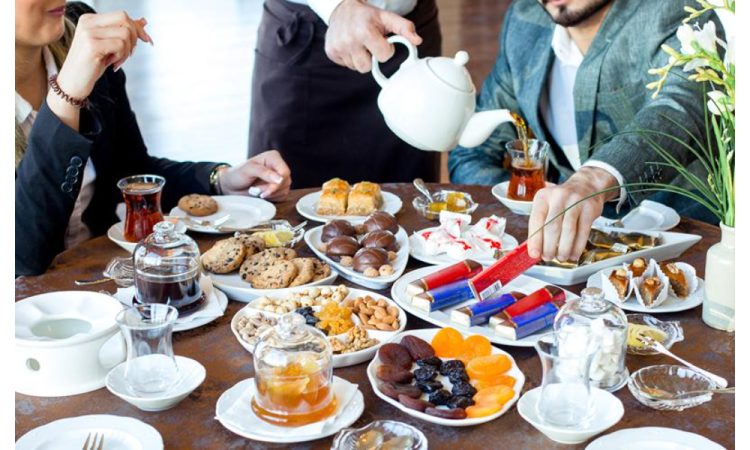
Food plays a different role depending on the type of event. It is part of the wedding celebration. It reflects status and networking opportunities at corporate dinners. But when it comes to seminars, the focus shifts. The agenda is about learning and knowledge-sharing, and food is there to support—not steal—the spotlight. That is why a catering company in Singapore must approach seminar catering differently from weddings or corporate gatherings.
Purpose and Audience Expectations
A wedding menu is designed to impress, with lavish spreads and carefully plated dishes. Corporate catering often leans towards sophistication, projecting an image of professionalism and success. Seminar participants, however, are not looking to be wowed by elaborate meals. They expect food that helps them stay energised, focused, and ready to absorb information. This instance means putting practicality before indulgence for caterers. The food should complement the learning environment rather than become a distraction.
Timing and Structure of Meals
Weddings can stretch over hours, and corporate banquets usually allow ample time for dining and conversation. Seminars do not have that luxury. Breaks are short and tightly scheduled, so food has to be ready and easy to consume. This instance is why seminar catering often revolves around tea breaks, lunch boxes, or compact buffets. Efficiency is the priority; participants should be able to grab a meal, refresh themselves, and get back to the session without delays. A catering company needs to align closely with seminar organisers to keep service punctual and seamless.
Menu Considerations
The choice of food is another area where seminars diverge from weddings and corporate events. Multi-course feasts or premium spreads make sense at grand functions, but they do not fit the fast-paced nature of a seminar. Instead, menus lean towards light and balanced options: finger sandwiches, salads, pastries, noodles, or rice boxes. Variety still matters, but the emphasis is on meals that are easy to handle and not overly heavy. Importantly, dietary needs must be taken into account, since seminar groups tend to be diverse. The best catering companies are prepared with vegetarian, halal, and other alternatives.
Service Style and Logistics
The service approach also changes. Weddings often have a team of staff serving at tables. Corporate events may prefer plated dining for formality. These formats would only slow things down in seminars. Self-service buffets, pre-packed meals, or simple snack stations are more common because they suit the pace of the day. Timing is everything for the caterer. Food must be served at exact break times and cleared quickly to avoid disrupting the flow of the seminar. Smooth logistics can make the difference between a well-run seminar and one that feels disorganised.
Budget and Scale
Budgets for weddings and corporate functions often place heavy emphasis on food as a central feature. Spending for seminars is more restrained. Organisers channel more resources into speakers, materials, and venues. Due to this, seminar catering needs to strike a balance: delivering decent variety and quality without overspending. Consistency and scalability matter more than extravagance, especially when feeding large groups of attendees. A catering company that understands this balance can provide value without compromising on participant satisfaction.
Conclusion
Unlike weddings or corporate dinners, seminars are not about indulgence or image. They are about creating the right conditions for learning, and food plays a supporting but essential role. Seminar catering with efficient service, practical menus, and cost-conscious planning ensures participants remain focused and refreshed throughout the programme. The right catering company knows how to adapt to these needs, making seminars run smoothly while still providing a positive dining experience.
Planning a seminar and need catering that keeps your event running smoothly? Contact Elsie’s Kitchen today to customise your menu and service plan.

